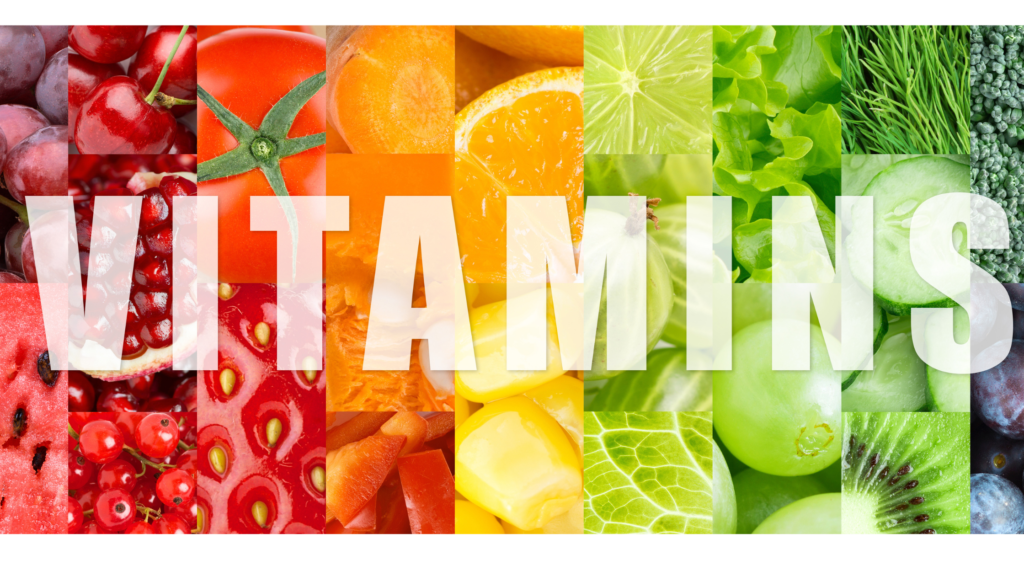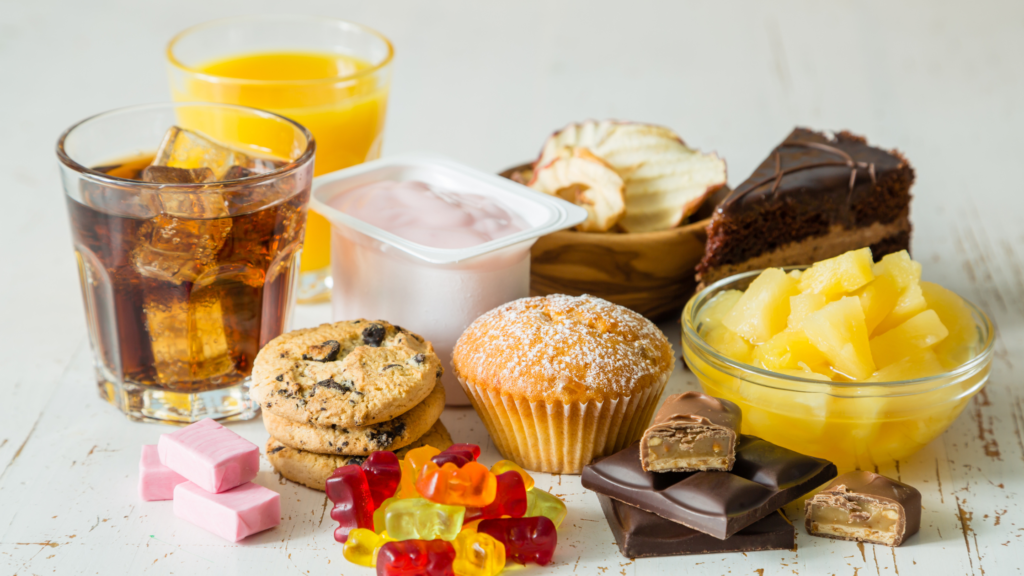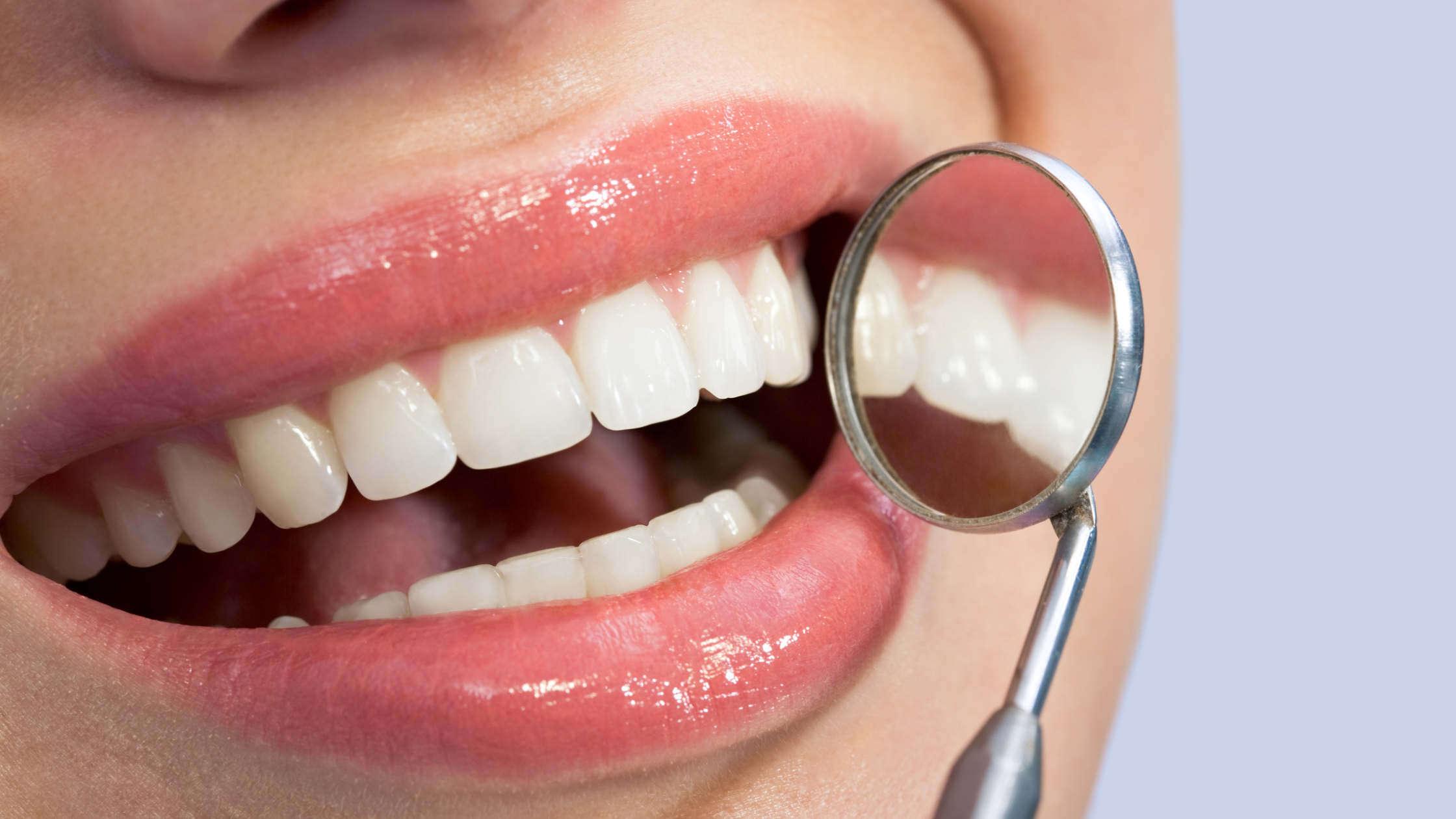The foods we eat don’t just affect our bodies—they also play a major role in shaping the health of our mouths. The oral microbiome, a complex community of bacteria, fungi, and other microorganisms, relies on a balanced diet to maintain its protective functions. Certain foods, particularly those rich in fiber, vitamins, and minerals, support beneficial bacteria in the mouth. In contrast, sugary and processed foods fuel harmful bacteria that can lead to issues like cavities, gum disease, and bad breath.
By understanding how different foods impact the oral microbiome, we can make choices that help this microscopic ecosystem thrive. In this article, we’ll explore the best foods to eat for a balanced, healthy mouth, as well as foods to avoid to protect your teeth and gums. Making mindful dietary choices can strengthen your oral health and support a balanced microbiome for a healthier smile.
How Diet Impacts the Oral Microbiome
The foods we eat have a direct impact on the balance of bacteria in our mouths, influencing the health of our teeth and gums.
Role of Nutrients in Supporting Beneficial Bacteria
- Fiber-rich foods, as well as vitamins and minerals, nourish beneficial bacteria in the mouth. High-fiber foods stimulate saliva production, which helps wash away food particles and maintain a balanced pH.
- Nutrients like calcium, vitamin D, and B vitamins support not only the microbiome but also the health of gums and enamel, creating a favorable environment for beneficial microbes.

Foods That Feed Harmful Bacteria
- Sugary foods and processed carbohydrates provide fuel for harmful bacteria in the mouth. These bacteria break down sugars and produce acids as byproducts, which can erode tooth enamel and lead to cavities.
- Processed snacks and sweets create a favorable environment for these cavity-causing bacteria, increasing the risk of decay and plaque buildup.
Impact on pH Levels
- Acidic foods and drinks, such as soda and citrus juices, can disrupt the oral environment by lowering pH levels. This acidic environment not only weakens enamel but also encourages the growth of harmful bacteria over beneficial ones.
- Maintaining a balanced pH through a mindful diet helps keep harmful bacteria in check and protects the strength of teeth.
By understanding these dietary effects, you can make choices that support a healthy oral microbiome and promote long-term oral health.
Foods That Support a Healthy Oral Microbiome
A balanced diet that includes nutrient-dense foods can help support beneficial bacteria in the mouth, fostering a healthy oral microbiome. Here are some top food choices:

High-Fiber Vegetables and Fruits
- Leafy greens, apples, and carrots are excellent for oral health as they increase saliva production, which helps wash away food particles and maintain a balanced pH.
- Fiber-rich fruits and vegetables provide nutrients that support beneficial bacteria and help prevent harmful bacteria from taking over.
Whole Grains
- Whole grains like oats, brown rice, and quinoa are rich in fiber and B vitamins, which nourish good bacteria and contribute to a balanced oral environment.
- These grains help maintain a neutral pH in the mouth, reducing acid buildup and protecting tooth enamel from erosion.
Nuts and Seeds
- Nuts and seeds (such as almonds, chia seeds, and flaxseeds) provide fiber, healthy fats, and essential minerals like calcium and magnesium that promote microbial diversity.
- These nutrients support the strength of teeth and gums, creating a favorable environment for beneficial bacteria to thrive.
Herbs and Spices
- Antimicrobial herbs like ginger, cinnamon, and cloves can help control harmful bacteria without disturbing beneficial microbes.
- Adding these herbs to meals or drinking herbal teas can naturally support oral health and freshen breath.
Incorporating these foods into your diet can help support a thriving oral microbiome, reduce the risk of cavities, and promote overall mouth health.
Foods to Avoid for a Healthy Oral Microbiome
Certain foods can disrupt the oral microbiome, feeding harmful bacteria and increasing the risk of oral health issues. Here are key foods to avoid:

Sugary Foods and Drinks
- Sugary foods and beverages, like candy, soda, and sweets, feed acid-producing bacteria in the mouth. These bacteria break down sugars and release acids that erode tooth enamel, creating an ideal environment for cavities.
- Frequent sugar consumption increases the risk of tooth decay, as it promotes an imbalance in the oral microbiome by favoring harmful bacteria.
Processed and Refined Carbohydrates
- Foods like white bread, chips, and pastries contain refined carbs that are quickly broken down into sugars in the mouth. This encourages the growth of harmful bacteria, which thrive on these sugars.
- The rapid breakdown of refined carbs leads to a drop in pH, creating an acidic environment that can harm beneficial bacteria and contribute to dental decay.
Acidic Beverages
- Acidic drinks, such as soda, sports drinks, and citrus juices, can lower the pH in the mouth, weakening enamel and supporting acid-producing bacteria.
- These beverages contribute to enamel erosion and disrupt the balance of the microbiome, making it more difficult for beneficial bacteria to thrive.
Limiting these foods and beverages can help protect your oral microbiome, supporting a healthier, balanced environment that reduces the risk of cavities and gum disease.
Practical Tips for a Diet that Supports Oral Health
Making small, mindful changes to your diet can significantly benefit your oral microbiome and overall mouth health. Here are some practical tips:
Choose Fresh, Whole Foods
- Focus on nutrient-dense, whole foods like vegetables, fruits, and whole grains to provide the essential vitamins, fiber, and minerals that support a healthy microbiome.
- Whole foods help maintain a balanced pH and nourish beneficial bacteria, promoting better oral health.
Limit Sugar and Processed Foods
- Reducing sugary and processed foods limits the fuel for harmful bacteria, which thrive on simple sugars.
- Less sugar in your diet helps reduce acid production and lowers the risk of cavities.
Drink Water with Meals
- Drinking water with meals helps wash away food particles and supports saliva production, which aids in balancing pH levels in the mouth.
- Water also prevents dry mouth, helping maintain a healthy microbial environment.
Incorporate Beneficial Herbs
- Add antimicrobial herbs and spices like ginger, cinnamon, and cloves to your meals to help naturally control harmful bacteria without disrupting beneficial microbes.
These simple dietary habits can strengthen your oral microbiome, reduce harmful bacteria, and support long-term oral health.
Conclusion
A balanced diet plays a crucial role in supporting a healthy oral microbiome, helping to protect against cavities, gum disease, and bad breath. By choosing nutrient-dense, whole foods and limiting sugar, you create a mouth environment that supports beneficial bacteria while discouraging harmful ones. Making mindful food choices each day can foster a balanced microbiome, leading to better oral health and overall wellness.

